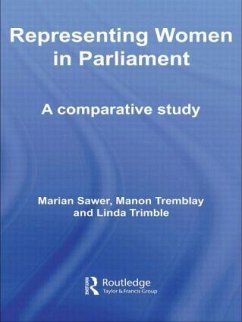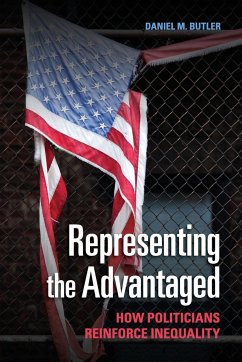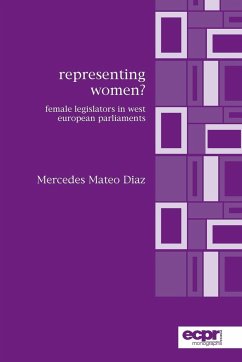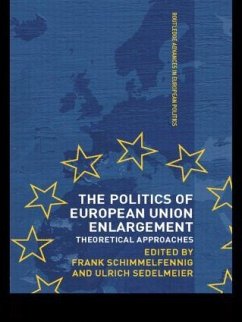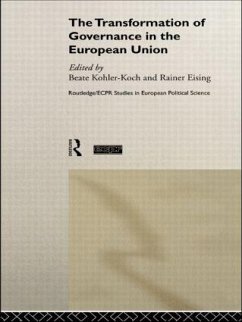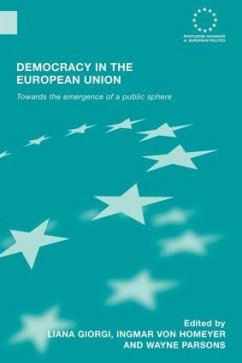
Representing Religion in the European Union
Does God Matter?
Herausgeber: Leustean, Lucian N.
Versandkostenfrei!
Versandfertig in 1-2 Wochen
51,99 €
inkl. MwSt.

PAYBACK Punkte
26 °P sammeln!
Examining religious representation at the state, transnational and institutional levels, this volume demonstrates that religion is becoming an increasingly important element of the decision-making process. It provides a comprehensive analysis of religious representation in the European Union that will be of great interest to students and scholars of European politics, sociology of religion and international relations.





